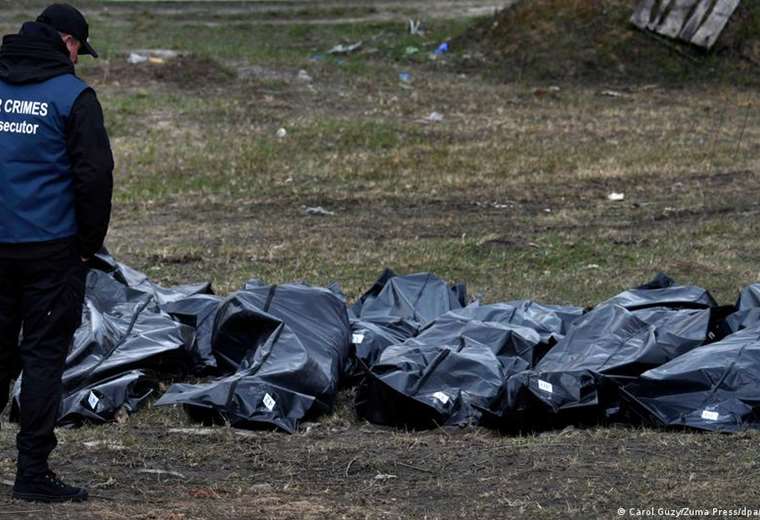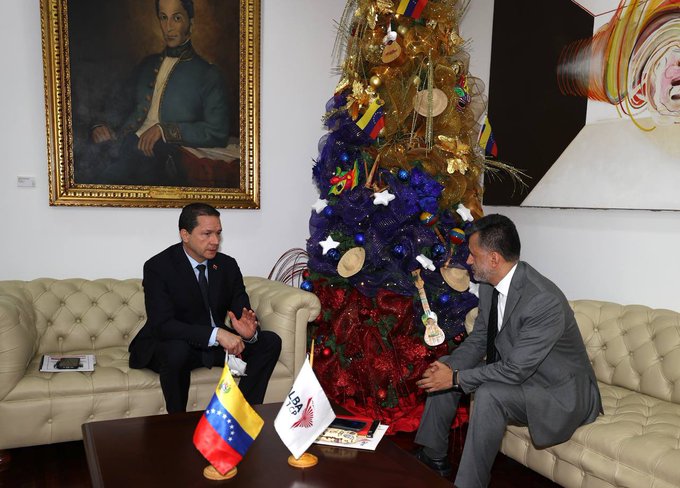December 1, 2022, 9:40 AM
December 1, 2022, 9:40 AM
The idea of prosecuting war crimes committed by the Russian Army in Ukraine provoked an immediate response from the Kremlin, which pointed out that the tribunals proposed by the West to investigate the alleged war crimes will have no legitimacy and they will not be accepted by Russia, Kremlin spokesman Dmitri Peskov said. “Regarding the attempts to establish some type of courts, these will not have any legitimacy, we will not accept them and we will condemn them,” he said in his daily press conference.
The representative of the Russian Presidency noted that Russia, on the contrary, carries out “an intensive and detailed investigation of all the crimes of the kyiv regime”. “It is a daily job, which is practically carried out hour by hour,” he stressed.
Peskov stressed the importance of adding to these investigations “the data on the crimes committed by the Ukrainian regime since 2014, to which we have unfortunately not observed a critical reaction from the West.”
special court
During the morning of this Thursday, the high representative of the European Union (EU) for Foreign Affairs and Security Policy, Josep Borrell, announced that promote the creation of a special court to prosecute war crimes committed by Russia in Ukraine. The announcement came just before the start of the 29th Organization for Security and Cooperation in Europe (OSCE) summit in Lodz, Poland.
“Russia is turning winter into a weapon“, stressed Borrell, “with the destruction of civilian infrastructure in Ukraine” and “has to pay for its reconstruction.” “This will require an immense amount of money and resources,” acknowledged the high representative, who recalled that the EU “has taken control of 20,000 million euros that belonged to Russian oligarchs and 300,000 million in financial resources from the “Russian” Central Bank. “That money has to be dedicated to rebuilding Ukraine and we will explore all legal possibilities to do so,” he said.
The proposal to bring Russia to justice for war crimes in Ukraine was seconded hours later by the foreign representatives who attended the OSCE meeting. “The Russian plan was to go back to war, and they did. When their blitzkrieg failed, aggression turned brutal and inhumane, tragically and inevitably leading to war crimes. It is our moral and legal obligation to hold the perpetrators and those who decided accountable,” said Polish Foreign Minister Zbigniew Rau, who opened the meeting.
In view of the disagreements within the organization, paralyzed in practice by the Russian veto since decisions are made unanimously, it is not expected that in Lodz an unlocking of the 2023 budgets can take place nor of other issues that remain frozen, nor that there is room for a joint final declaration.















